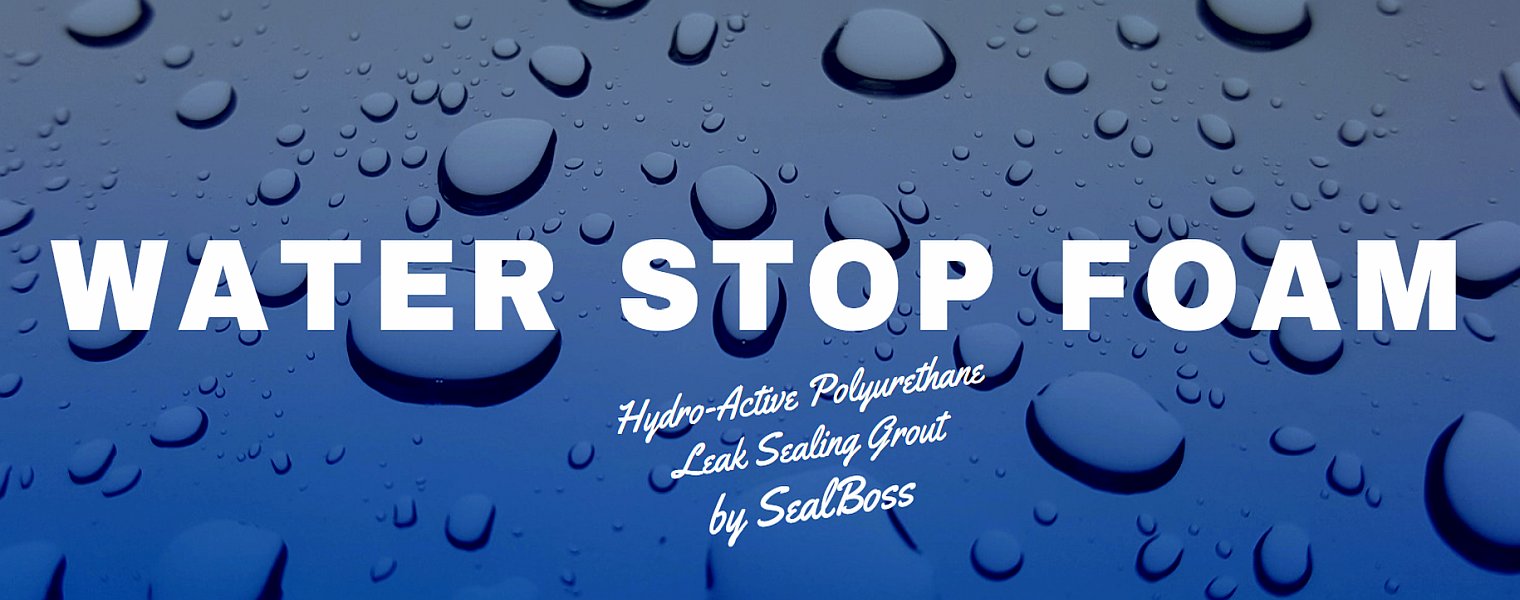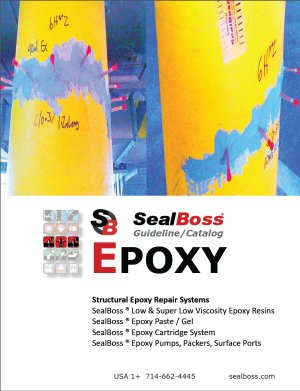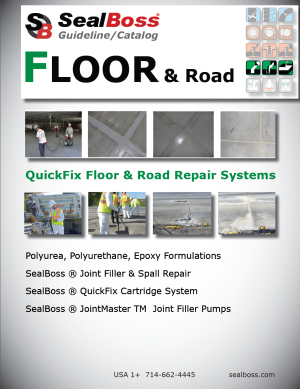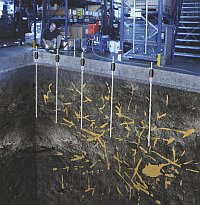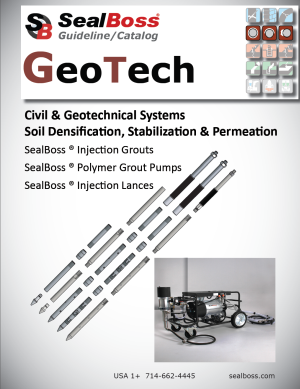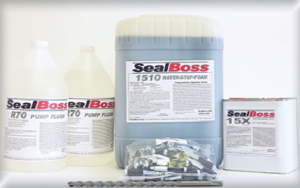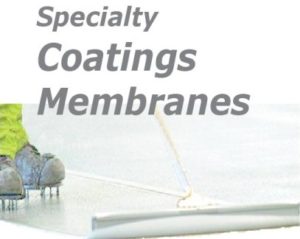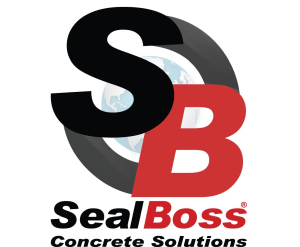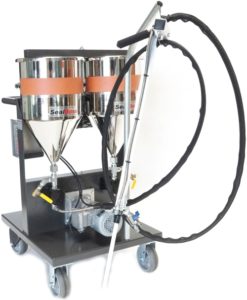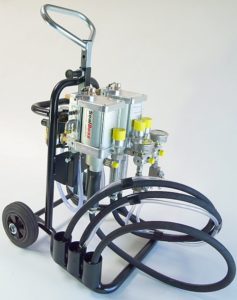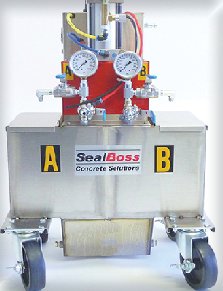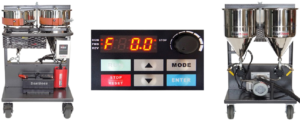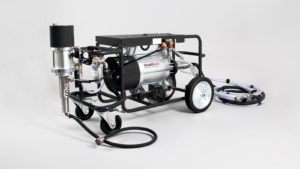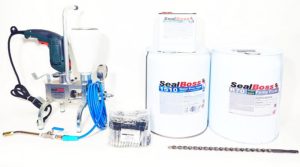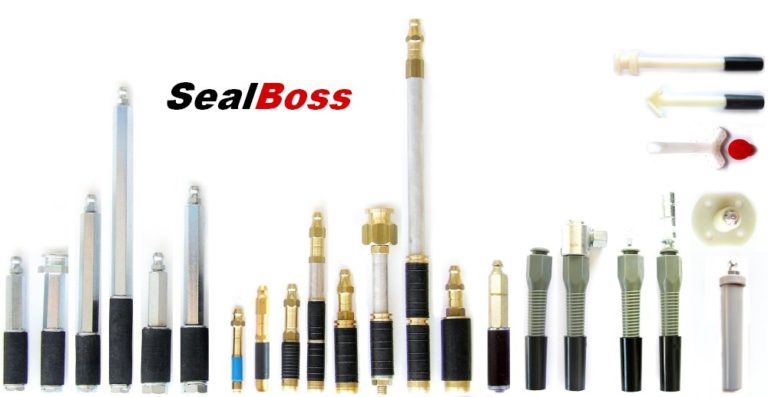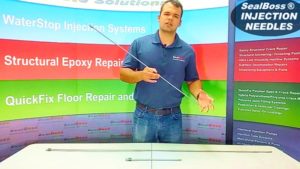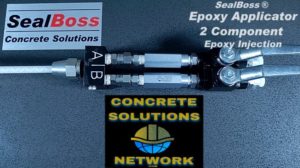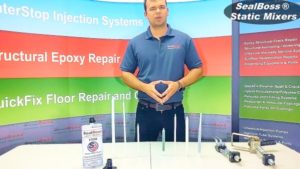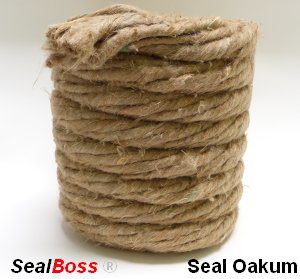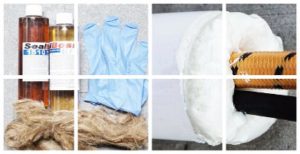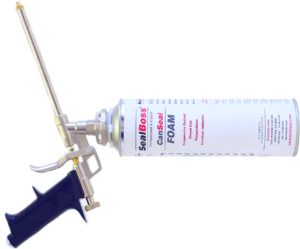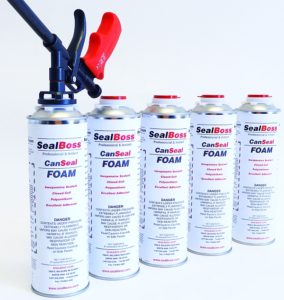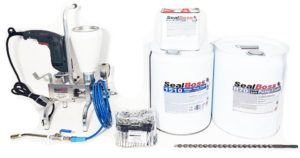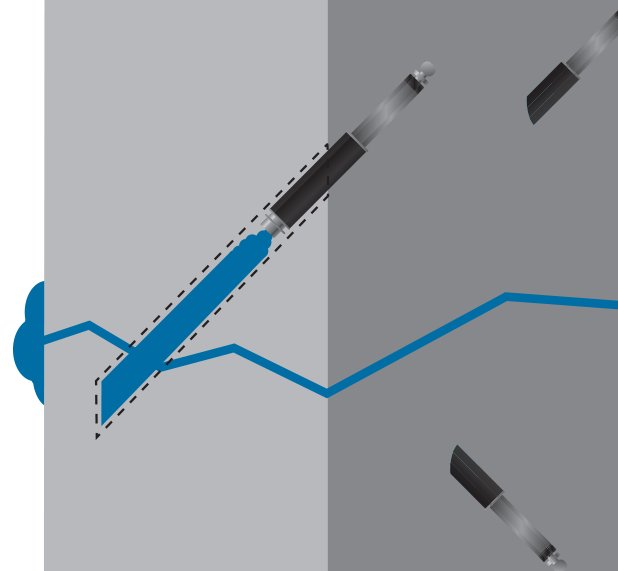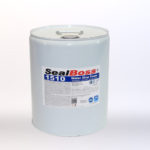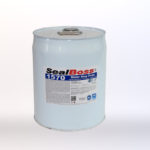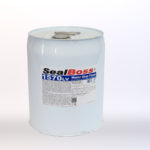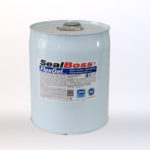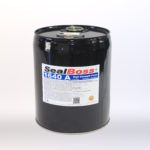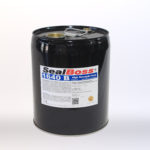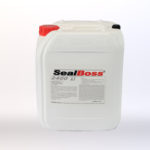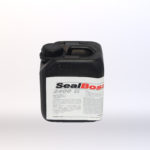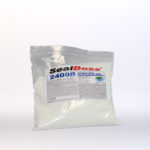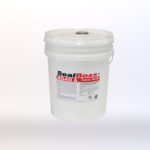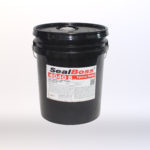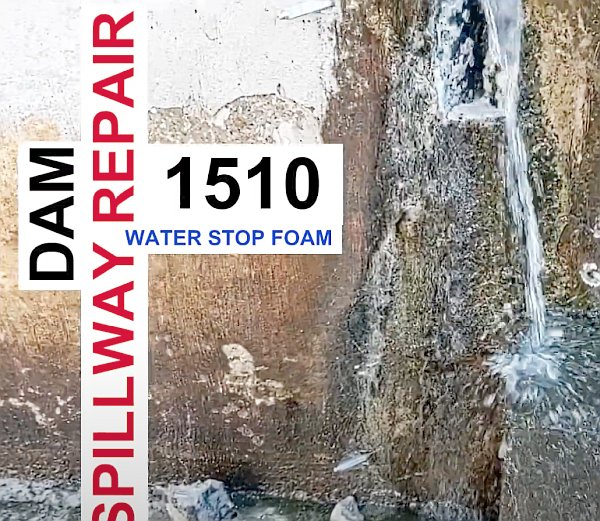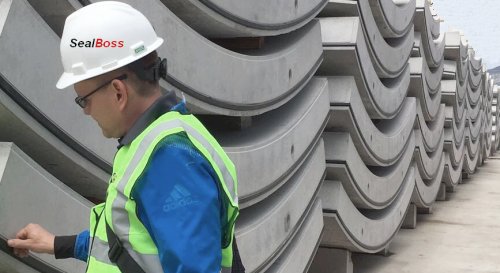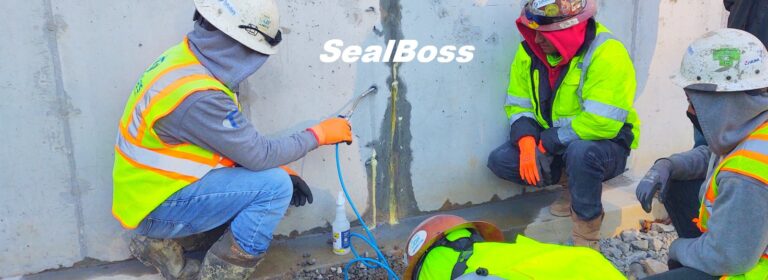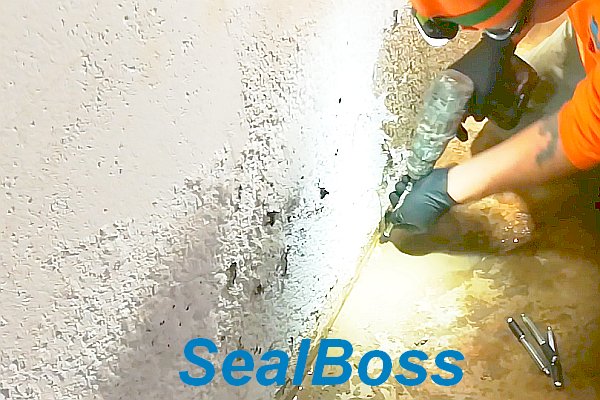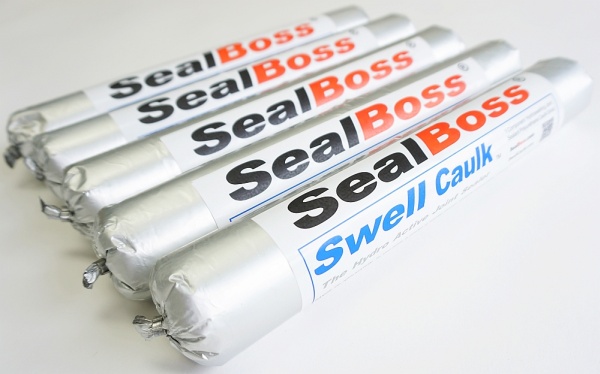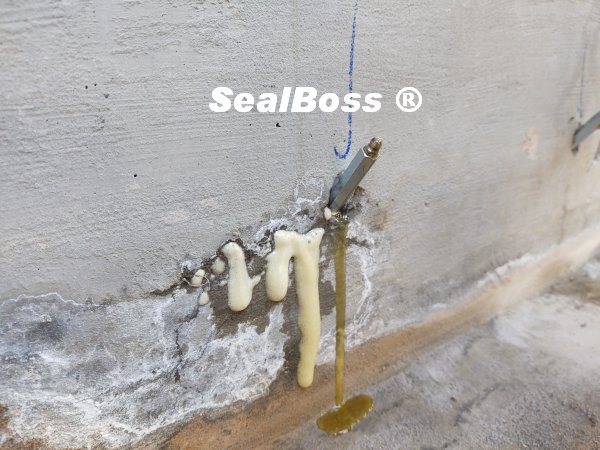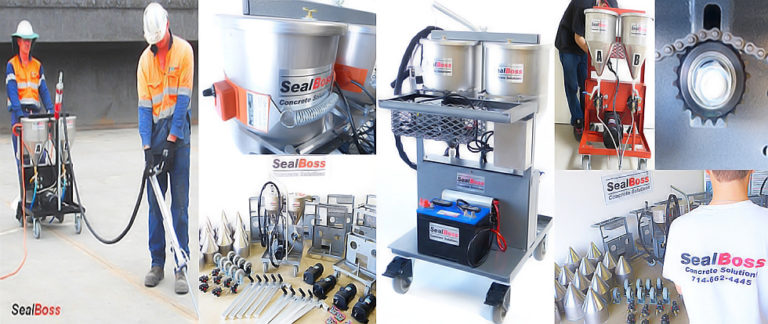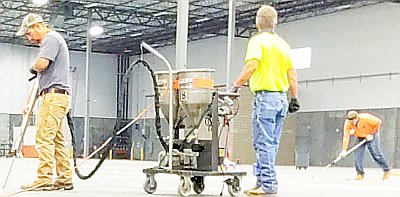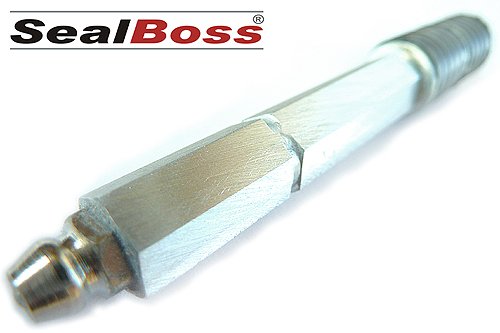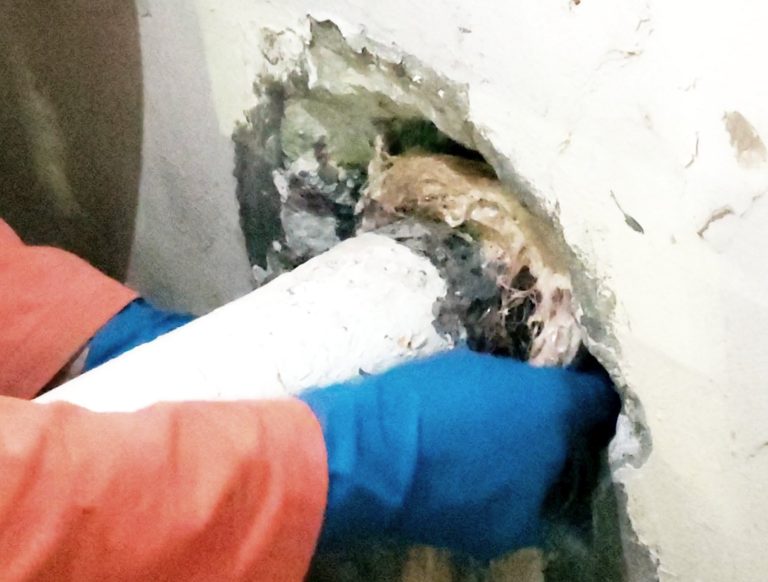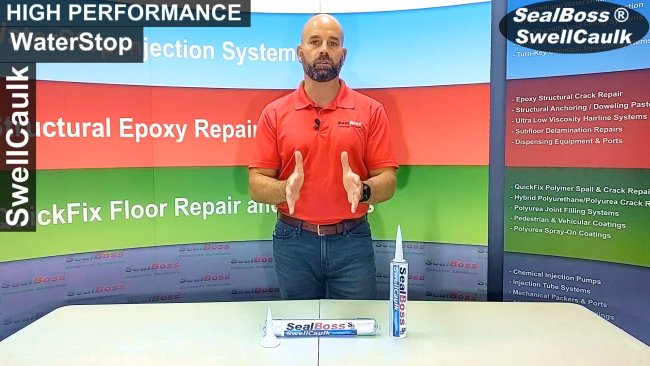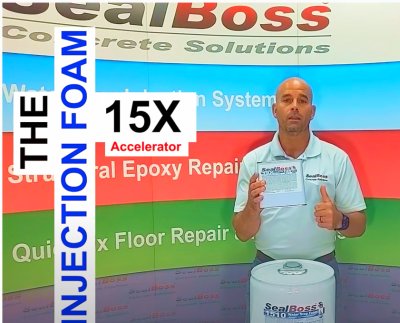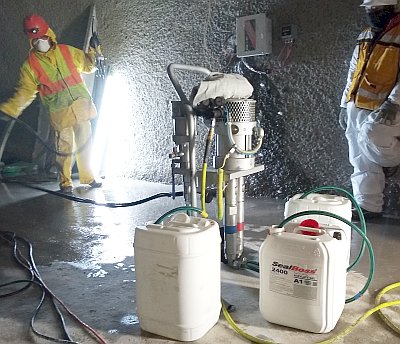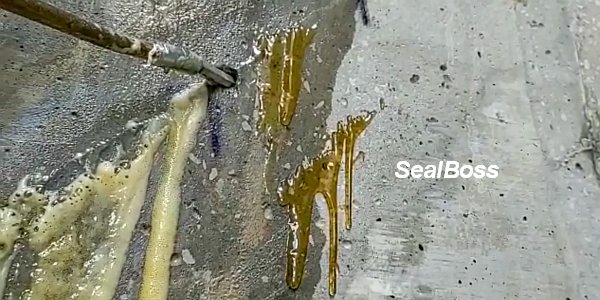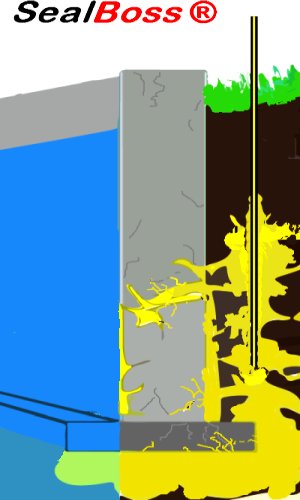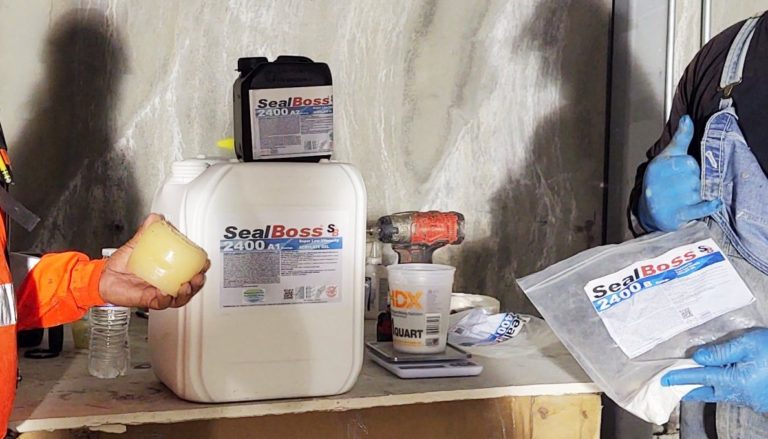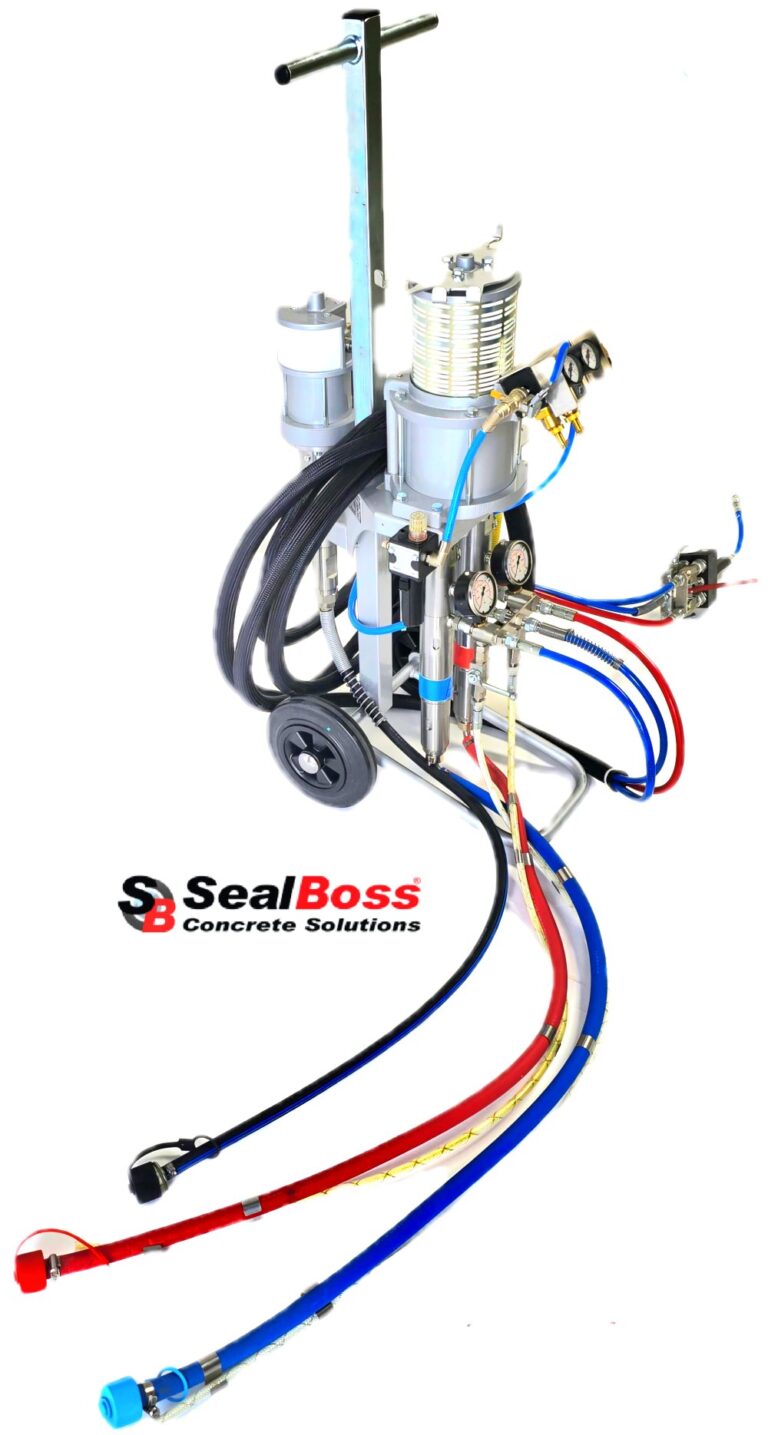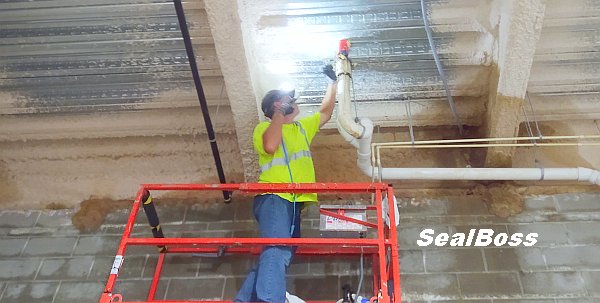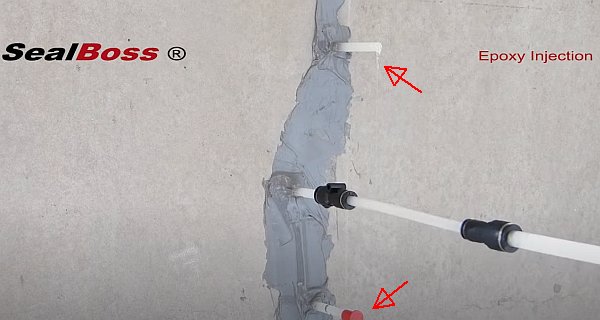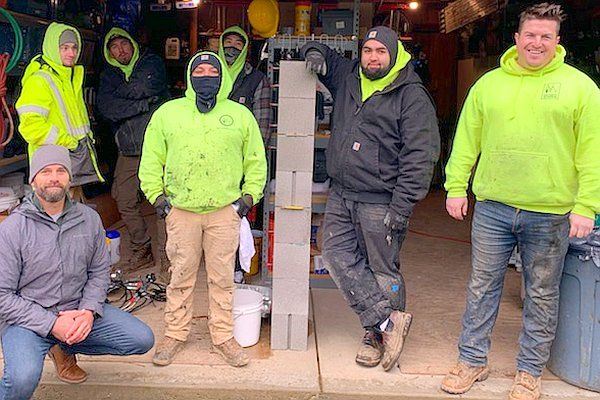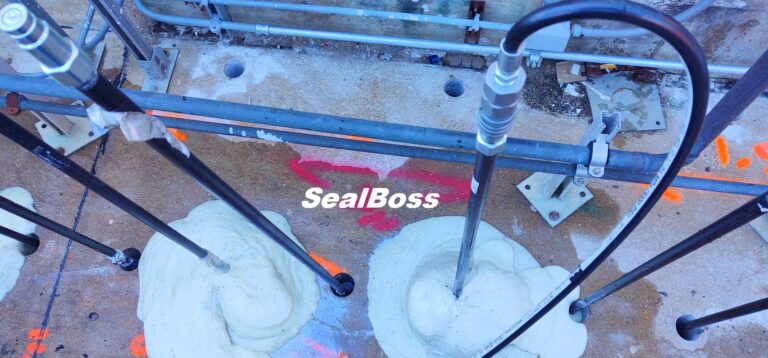Concrete Leak Sealing
Guide to Concrete Leak Sealing:
Polyurethane Grout vs. Hydraulic Cement & Crystalline Waterproofing
When it comes to repairing and reinforcing concrete structures against leaks, not all solutions are created equal. Each method has unique strengths and is suited to specific conditions, making it essential to choose the right approach for long-lasting results. This guide provides a detailed comparison of three popular options—polyurethane grout, hydraulic cement, and crystalline waterproofing—highlighting their advantages, limitations, and ideal applications to help you make an informed decision.
A Product Comparison
Hydraulic Cement, Crystalline Waterproofing, and Polyurethane Grout
Hydraulic cement, crystalline waterproofing, and polyurethane grout are distinct material groups, each with its own merits and uses. The choice between them should be a strategic decision guided by the requirements of your project.
Understanding Hydraulic and Crystalline Systems
Hydraulic cement and crystalline waterproofing solutions are often utilized due to their cost-effective nature and straightforward application process. They find common use in below-grade concrete structures like parking garages, basement walls, and manholes, where their primary role is to coat surfaces or seal leaking cracks, preventing water infiltration.
Despite their utility in surface-level repairs for static structures, these products share a key limitation – their inability to form a flexible seal that penetrates the depth of the structure. This makes them somewhat akin to ‘band-aid’ fixes – temporary, surface-level solutions.
Their limitations become particularly evident in the face of structural movement, including thermal expansion and contraction of substrates. Such movements often lead to the re-emergence of leaks over time, creating a cycle of recurring repairs. These patchwork solutions, although effective in the short term, can prove to be a less sustainable choice in the long run.
Polyurethane Grout: A Dynamic Solution
For structures prone to any movement over time, including expansion and contraction of materials, polyurethane grout outshines its service applied counterparts. The long-term benefits of polyurethane grout injection often justify the investment.
Let’s consider an illustrative example: a substantial concrete structure, such as below grade wall or potable water tank, several feet thick and reinforced with rebar, that has developed a crack.
In cases where the leak is not too severe – keeping in mind that polyurethane grout injection is the preferred, and often only method for handling aggressive or gushing leaks – a surface patch solution like a hydraulic cement or crystalline system could be employed to halt a minor leak initially.
While this approach may provide temporary relief, it falls short in addressing the fundamental problem – the unending cycle of water infiltration, migration, and trapped moisture within the structural fissures and crevices. The unresolved water intrusion not only propagates moisture migration throughout the structure, but it may also expose the reinforcing bars (rebar) to corrosive effects. This corrosion can lead to expansion, creating additional stress on the concrete structure, potentially worsening the initial problem.
Here is where polyurethane grout shines – Full depth penetration concrete leak sealing
With a full-depth injection of polyurethane grout, you can not only disperse any water inside the structure and seal the entire volume of the crack, but also safeguard the rebar in the process, eliminating the threat of future corrosion. The penetrating and water dispersing ability, flexibility, and durability of polyurethane grout make it an ideal solution for preventing future leaks. Unlike surface patch solutions, it offers a comprehensive, long-term resolution to the issue.
The Role of Structural Movement in Permanent Leak Sealing
The effectiveness of hydraulic cement and crystalline waterproofing significantly diminishes when it comes to dealing with structural movement. This is particularly evident in dynamic below grade concrete structures like parking garages, which experience thermal cycles, vibration due to heavy traffic, and may additionally be situated on expansive soil. Moreover, its high elasticity makes it perfect for application in areas prone to constant vibrations or expansions, like bridges, highways, and large commercial buildings. The recurring nature of leaks due to movements necessitates a structure penetrating and permanent solution: A professional polyurethane grout injection concrete leak sealing system.
The Final Word:
Making an Informed Choice
Selecting the right materials for your concrete leak sealing repair needs is crucial. The long-term benefits of polyurethane grout often make it a superior choice, especially for structures prone to any movement. Unlike its counterparts, it can withstand significant structural movement over time without losing its sealing capabilities.
As a trusted provider, we’re dedicated to guiding your decisions with reliable, professional, and detailed information tailored to your needs. Remember, making the best choice now will save you time and resources in the future.
Related Articles
Concrete Leak Sealing
Leak Sealing Foam Grout
Water Stop Foam Grout
Hydrophobic Injection Foam Grout
Our #1 Selling Polyurethane Injection Foam
Water Cut-Off Injection Grout
Semi-Flex Foam, Water-Activated chemical injection grout. Our most versatile product. Water activated hydrophobic polyurethane foam, expands up to 30-40 times.
Concrete Leak Sealing
Leak Sealing Foam Grout
Water Stop Foam Grout
Hydrophobic Injection Foam
Flexible Polyurethane Injection Foam
Flexible Foam, Water-Activated chemical grout.
Concrete Leak Sealing
Leak Sealing Foam Grout
Water Stop Foam Grout
Hydrophobic Injection Foam
Super Low Viscosity Polyurethane Injection Foam,
Water-Activated chemical grout. Drinking Water
Concrete Leak Sealing
Leak Sealing Injection Gel
Hydrophilic Injection Foam Gel
Hydrophilic Gel
Versatile Hydrophilic Polyurethane Foam-Gel
Water activated single component hydrophilic Polyurethane grout. Reacts to a foam with 1 to 3 parts of water added and to a very flexible gel with 4 to 15 parts of water added (by volume). Drinking Water Contact meets NSF/ANSI 61 Section 5 requirements.
Concrete Leak Sealing
Rigid, High Strength, SlabLifter & Void Fill Foam
Two component polyurethane foam with structural qualities to stabilize, lift and cut-off water. Fast reactive formula to gain strength within minutes.
– Commercial Bulk Packaging
– Cartridge System
Related Chemical Grouts
Leak Stop & Seal
Acrylate Gel
Acrylic Gel
SUPER LOW VISCOSITY
Poly Acrylate Chemcial Grout Gel
Hydrophilic poly-acrylate gel / acryclic gel for soil stabilization, curtain-injection, infusion bladder injection into structures and to seal degrading masonry grout.


